How to Grow Your Own Organic Garden: Simple Steps to Success
Creating an organic garden at home is a rewarding experience that offers both health and environmental benefits. By growing your own organic vegetables, fruits, and herbs, you not only enjoy fresh, pesticide-free produce but also contribute to a sustainable lifestyle. Whether you're a beginner or an experienced gardener, cultivating an organic garden requires some essential steps and careful planning. Here’s how you can start your own organic garden with ease and ensure long-term success.
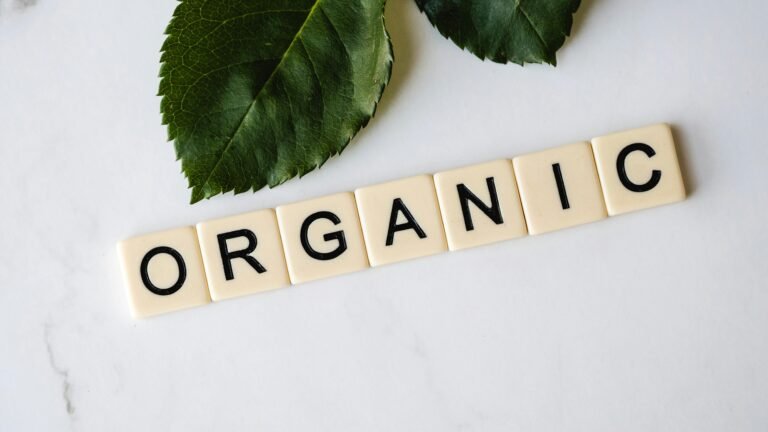
1. Choose the Right Location for Your Organic Garden
The first step in growing a successful organic garden is selecting the ideal location. Most plants need at least six hours of sunlight per day, so choose a spot that gets plenty of direct sunlight. Avoid areas prone to waterlogging, as organic plants prefer well-drained soil. If space is limited, consider using raised beds or containers to grow your organic plants.
Having the right location will maximize plant growth, which is crucial for both beginners and experts who want to grow organic vegetables at home

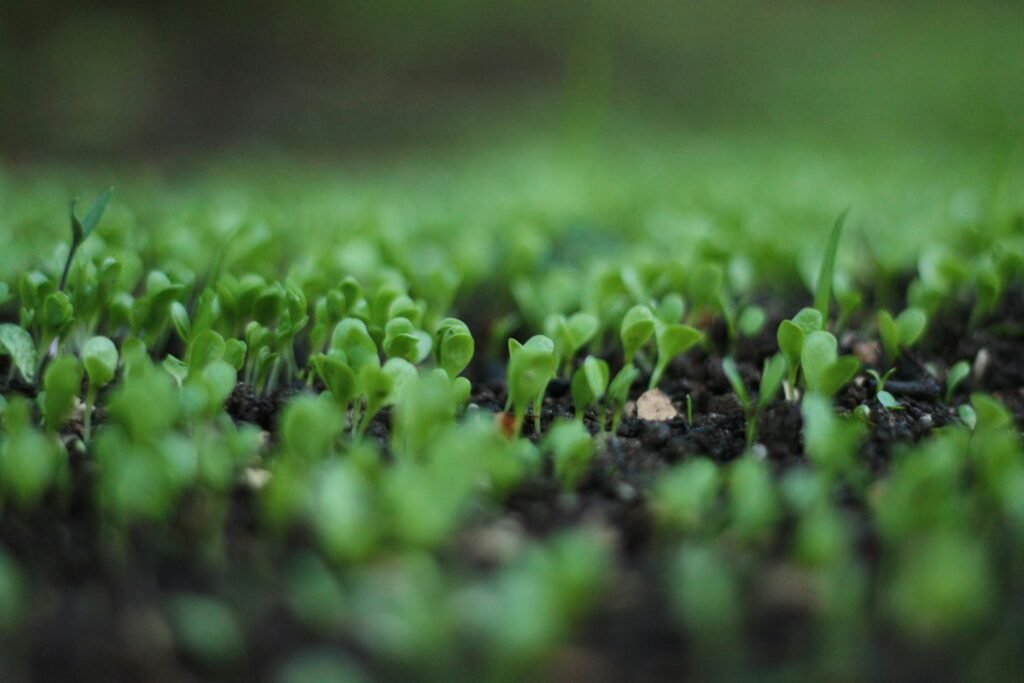
2. Prepare the Soil with Organic Compost
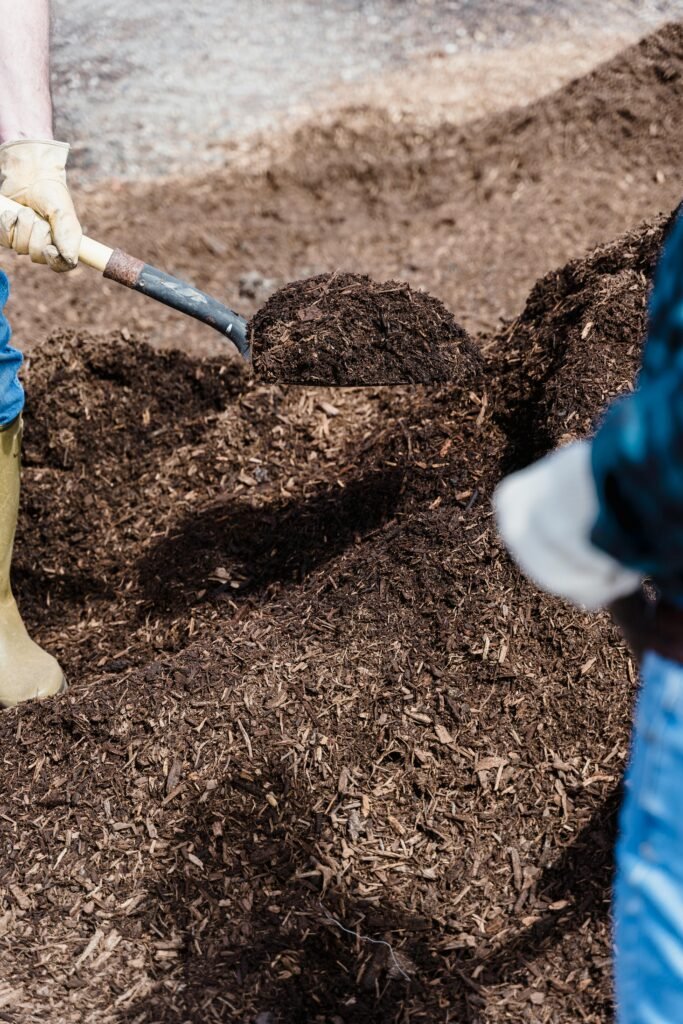
Healthy soil is the foundation of any organic garden. Before planting, ensure your soil is rich in nutrients and has the right texture. Start by testing your soil’s pH level, aiming for a slightly acidic to neutral range (6.0 to 7.0). To boost fertility, add organic matter such as compost, aged manure, or organic fertilizers.
Composting is an eco-friendly way to recycle kitchen waste and yard clippings into nutrient-rich soil. Regularly adding organic compost improves soil structure, helps retain moisture, and provides plants with essential nutrients. This step is essential for producing healthy organic fruits and vegetables.
3. Choose Organic Seeds and Plants
4. Use Natural Pest Control Methods
When starting your organic garden, it’s important to use certified organic seeds and seedlings. Organic seeds are free from chemical treatments and genetically modified organisms (GMOs), ensuring that your garden is truly organic from the start. Many nurseries and online retailers offer a wide selection of organic seeds for popular crops such as tomatoes, cucumbers, lettuce, and herbs.
For beginners, it’s advisable to start with easy-to-grow vegetables like carrots, lettuce, and radishes. These crops are resilient and provide quick results, boosting your confidence as an organic gardener.
One of the key challenges of organic gardening is dealing with pests without resorting to synthetic pesticides. Fortunately, there are many natural pest control methods that are both effective and environmentally friendly. Companion planting is a popular technique where you grow plants together that naturally deter pests. For example, marigolds can help repel aphids, while basil improves the growth and flavor of tomatoes.
Another effective method is introducing beneficial insects such as ladybugs, which prey on harmful pests. Neem oil and insecticidal soap are also organic solutions that target pests without harming beneficial organisms.
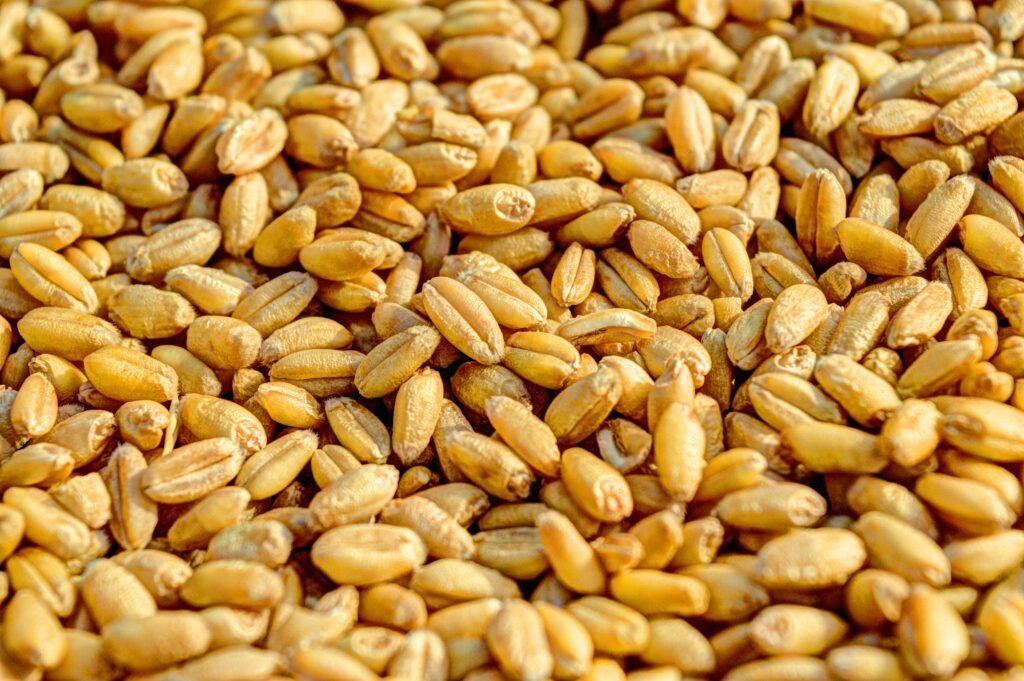



6. Weed Control Without Chemicals
Weeds can be a nuisance in any garden, and managing them without chemicals is a challenge for organic gardeners. The best way to control weeds naturally is by using mulch. Mulching around your plants helps retain moisture, regulate soil temperature, and suppress weed growth. Organic mulch, such as straw, leaves, or wood chips, is also beneficial for enriching the soil as it decomposes.
Another effective method is hand weeding. Although labor-intensive, removing weeds by hand ensures that you don’t introduce harmful chemicals into your garden. Regular weeding keeps your organic garden tidy and ensures that weeds don’t compete with your crops for nutrients.
7. Feed Your Plants Organically
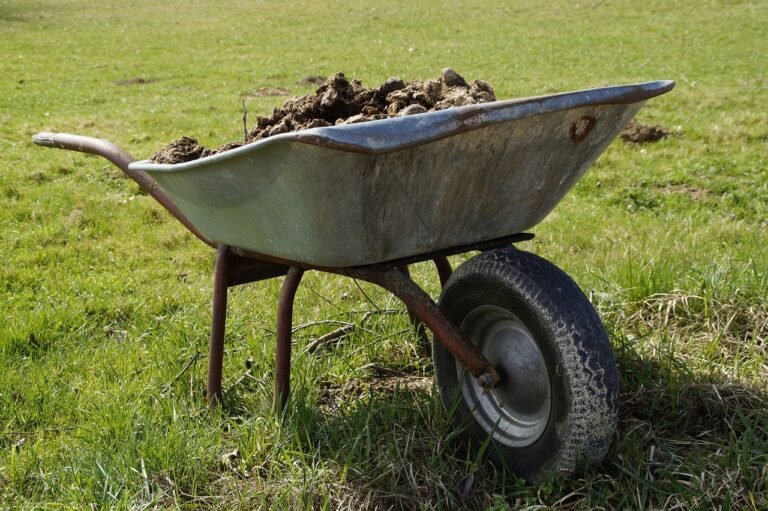
To ensure healthy growth, it’s important to feed your plants with organic fertilizers. Unlike chemical fertilizers, organic fertilizers release nutrients slowly and improve soil health over time. Common organic fertilizers include compost, manure, bone meal, and fish emulsion. Each of these provides essential nutrients like nitrogen, phosphorus, and potassium, which are vital for plant development.
For beginners, pre-mixed organic fertilizers are available and easy to use, helping you grow strong, productive plants without the guesswork.
8. Harvesting and Rotating Crops
Harvesting your organic produce at the right time is crucial for enjoying the best flavor and nutritional value. Keep an eye on your crops as they mature, and harvest them when they reach their peak ripeness. Early harvesting may lead to a loss of flavor, while overripe vegetables can spoil quickly.
To keep your garden productive year after year, practice crop rotation. This involves planting different crops in the same area each season to prevent soil depletion and reduce the risk of disease. Rotating crops also helps improve soil fertility, making it easier to grow a healthy organic garden.
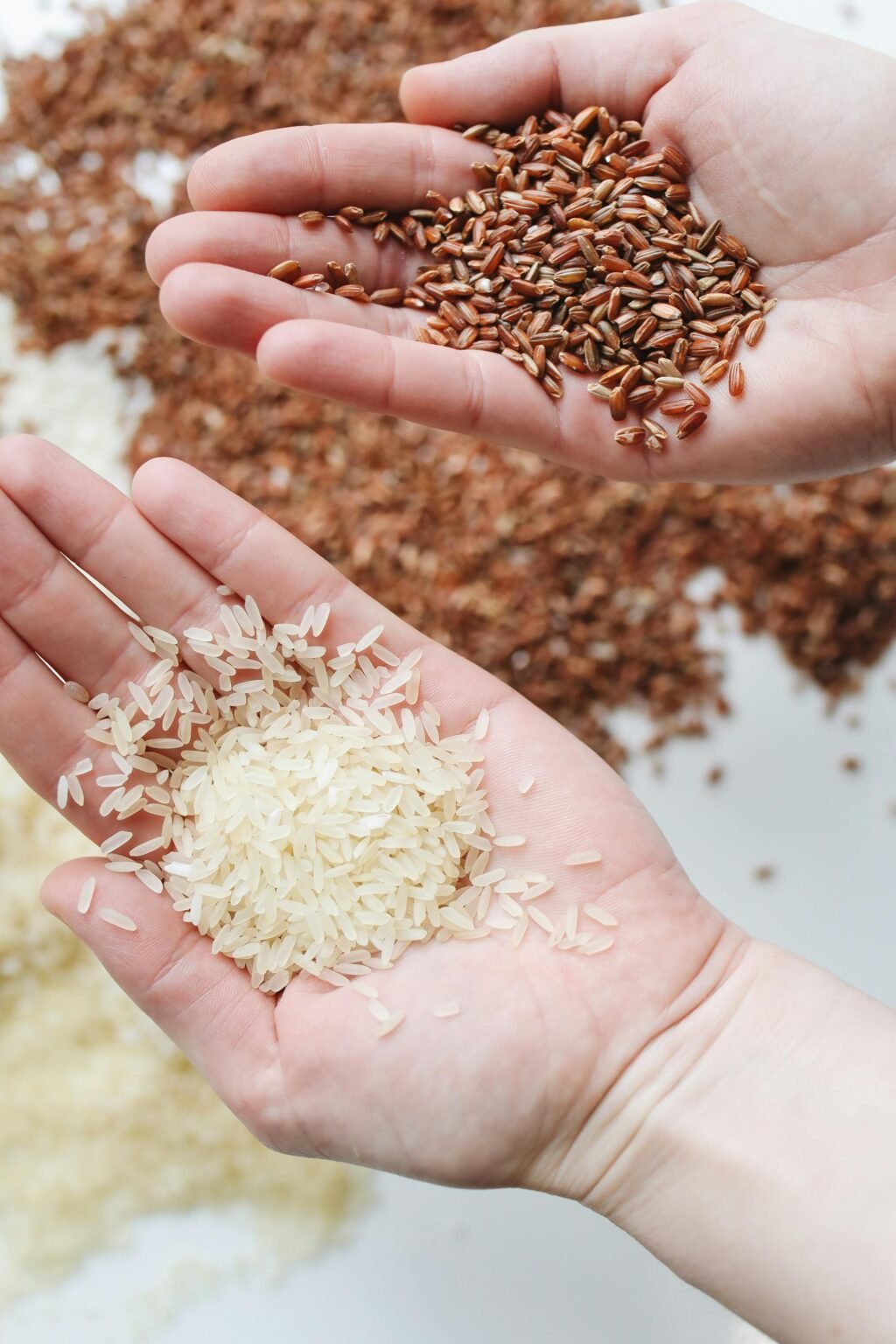
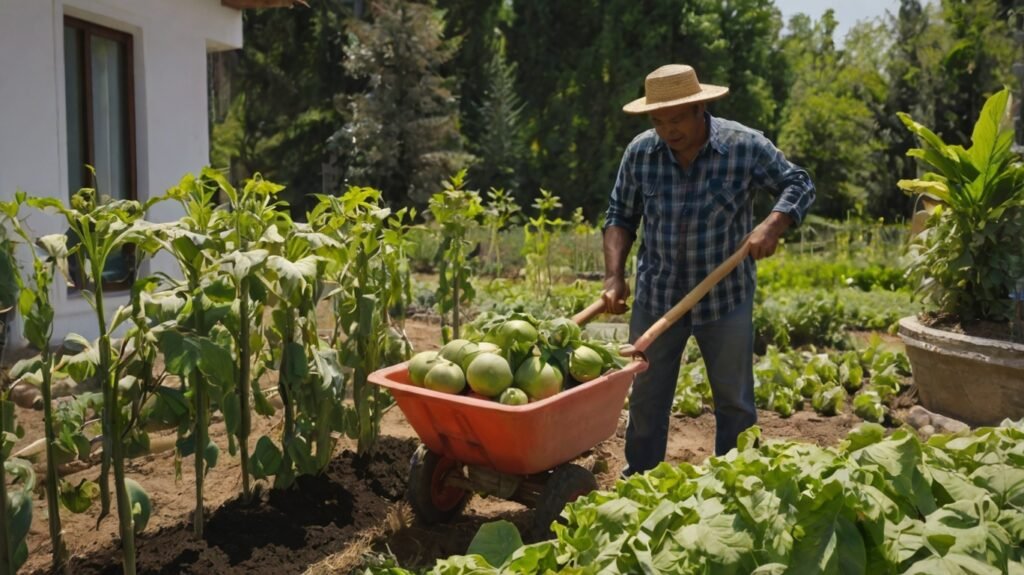
Conclusion
Growing your own organic garden is not only a rewarding way to enjoy fresh, chemical-free produce, but it’s also a step towards a more sustainable and eco-friendly lifestyle. By following these simple steps, including choosing the right location, using organic seeds, composting, and employing natural pest control methods, you can create a thriving organic garden that benefits both you and the environment. Whether you’re a beginner or an experienced gardener, growing an organic garden is a journey of learning and discovery, and the rewards are well worth the effort.



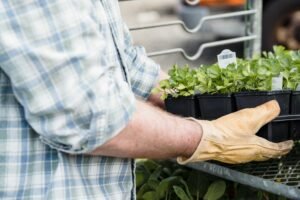
Pingback: The Importance of Having a Home Garden - Garden Scoop
Pingback: Gardening Tips for Small Backyard Spaces - Garden Scoop